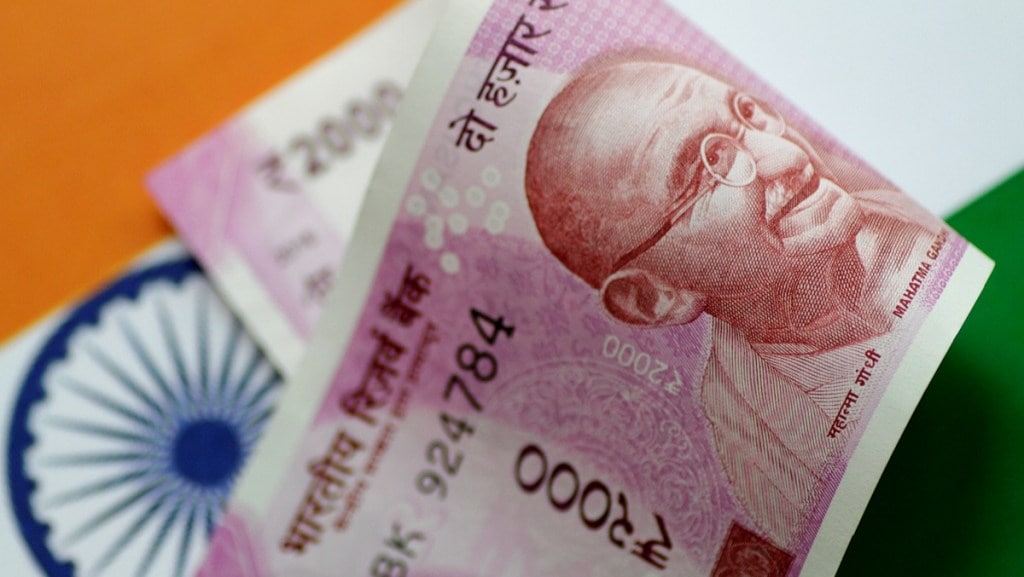– By Alexander Reisch
The finance minister Nirmala Sitharaman has laid out a budget that focusses on India’s long-term growth and sustainable development. It reflects India’s ability to achieve 7 per cent real GDP growth against a backdrop of global recessionary headwinds.
CAPEX has always been a key component of the budget, and for the third year, the government has significantly raised the outlay. This CAPEX outlay this year has been increased by 33 per cent from Rs 7.5 lakh crore to Rs 10.0 lakh crore, amounting to 3 per cent of GDP. The bulk of this increase will be devoted to roads and railways that are critical for physical connectivity between villages, towns and cities, and importantly, industrial and social development. 100 critical transport projects covering multiple sectors are being taken up on priority with investment of Rs 75,000 crore. States have also been incentivized to boost capital spending. The 50-year interest free loans to states have been continued for one more year with an enhanced outlay of Rs 1.3 lakh crore, which will help expedite states’ capital spending. The impetus towards housing, tourism, and urban infrastructure in small towns will help in generating employment opportunities. The country will continue to benefit from the multiplier effect on the economy through growth and employment generation.
The budget has also given a push to consumption with more disposable income for individuals. The increase in the exemption limit for personal income tax from Rs 5 lakh to Rs 7 lakh under the new tax regime, and highest tax rate reduction at the upper end from 42.7 per cent to 39 per cent will bolster consumption.
Farmers will benefit from the government’s intention to modernise agriculture through investments in Agri-tech. The government’s plan to set up three AI centres of excellence in top educational institutions to develop cutting-edge applications and scalable solutions in the field of agriculture, health and sustainable cities is noteworthy. Moreover, the proposal to establish 100 labs in engineering institutions for developing applications using 5G services including for smart classrooms, precision farming, intelligent transport systems and healthcare applications can accelerate India’s transition to a knowledge economy.
The momentum on ‘Green’ growth signals reduction in dependency of fossil fuels. To meet clean energy targets, a slew of measures for ‘Green’ growth were announced including for fuel, farming and mobility. An outlay of Rs 35,000 crore to achieve the energy transition demonstrates the country’s commitment to meet the net-zero carbon emissions objective by 2070. The proposal to notify Green credit programme to incentivise environmentally sustainable actions by companies is laudable.
New measures to enhance ease of doing business through reduction in more than 39,000 compliances is reassuring. The decriminalisation of 3,400 legal provisions is also welcome. This will go a long way in making the environment more conducive for doing business. Budget 2024 puts India on a firm growth trajectory and strengthens India’s ambition to be ‘Atmanirbhar’, while strengthening India’s attractiveness as a global investment destination.
(Alexander Reisch is the Managing Director at IPM India Wholesale Trading Pvt Ltd, which is the country affiliate of Philip Morris International, Inc.)
